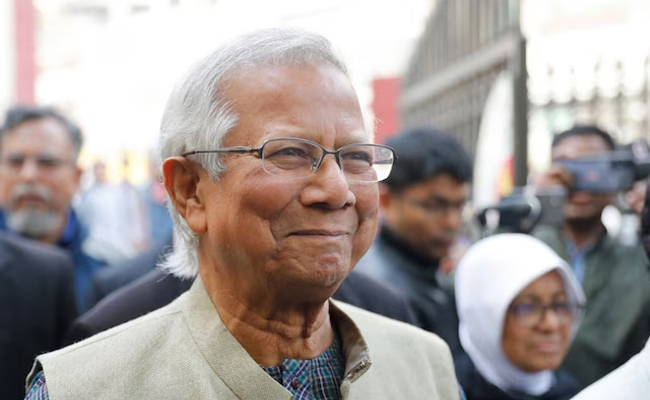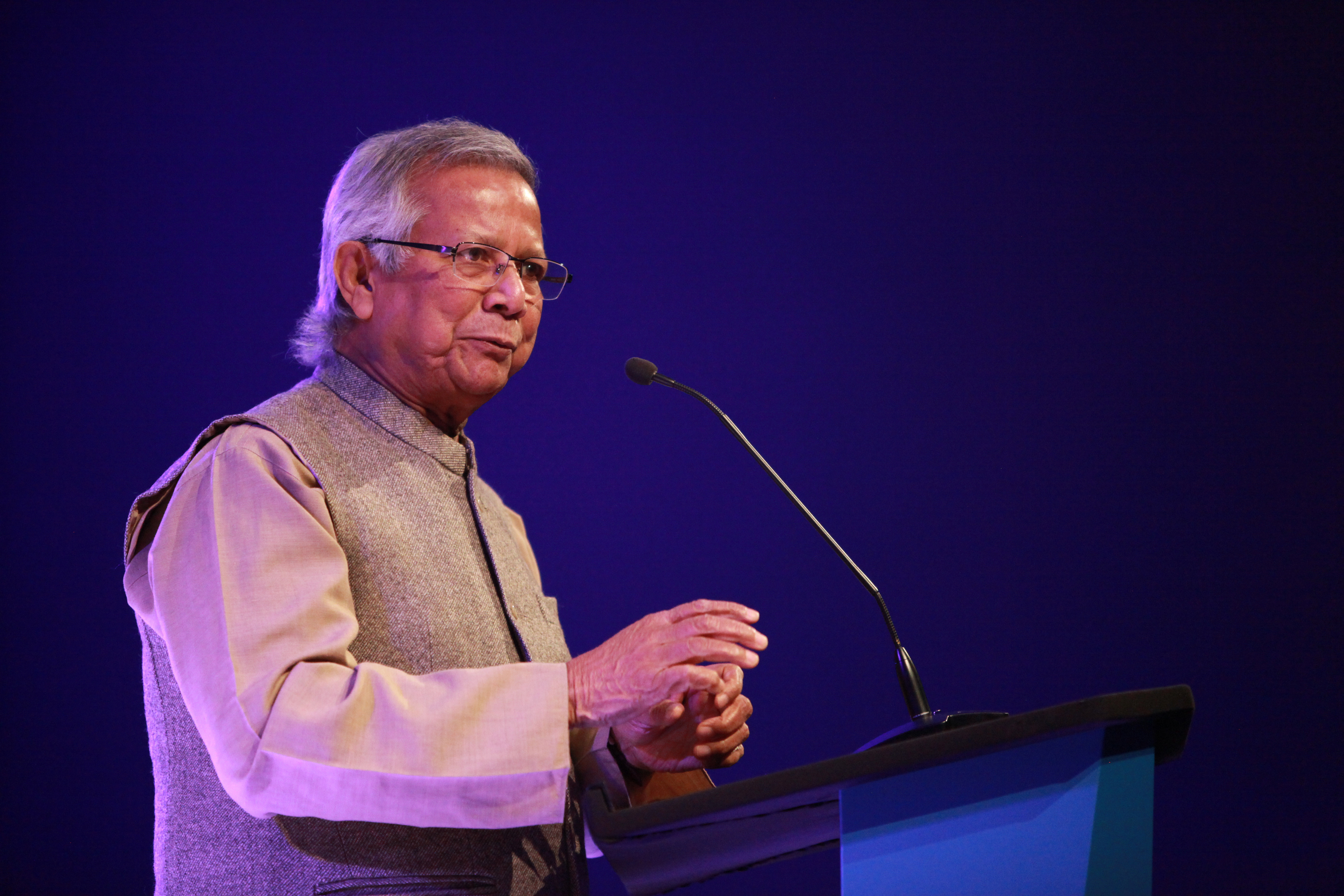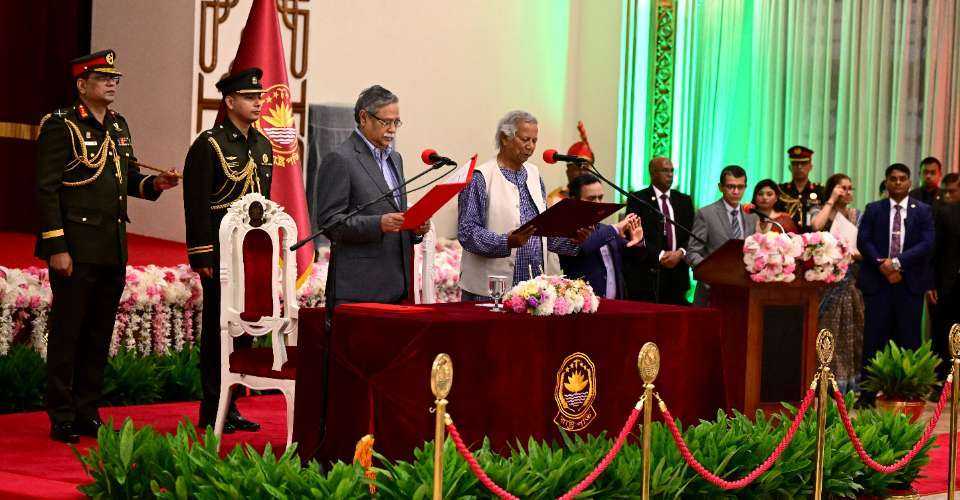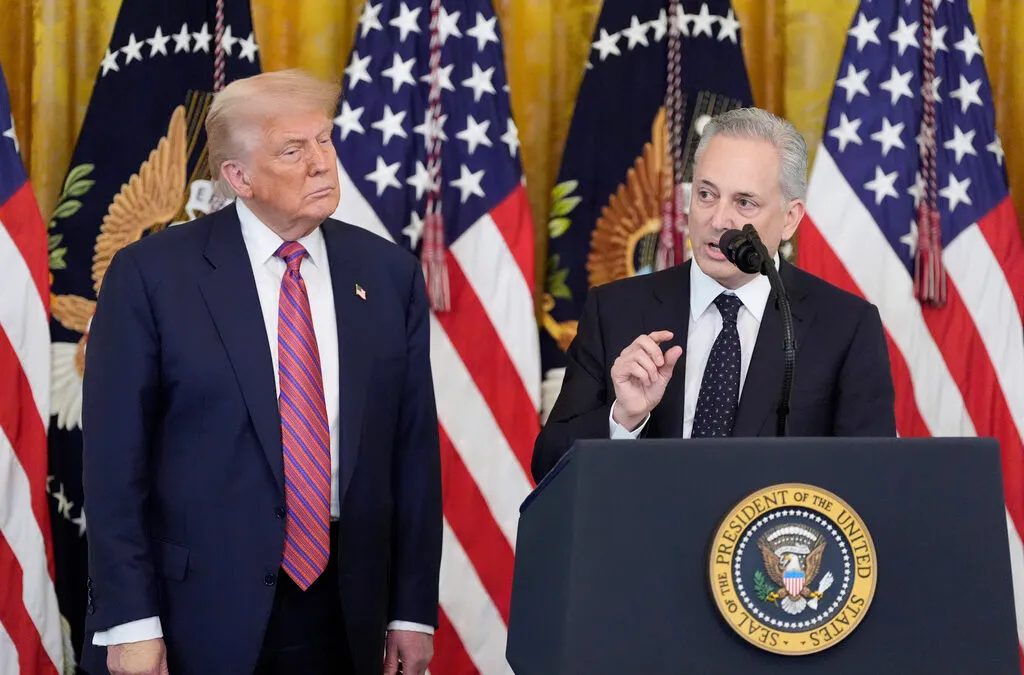The recent announcement that Nobel laureate Muhammad Yunus will serve as the top advisor for an interim government in Bangladesh is a significant development amidst the country's ongoing political crisis. Yunus, widely known for his pioneering work in microfinance and social business, brings international acclaim and experience to this role. His appointment is seen as a potential stabilizing force during a turbulent period for Bangladesh, marked by civil unrest and disputes between major political parties.
1. Background on Muhammad Yunus
Muhammad Yunus is celebrated worldwide for his contributions to poverty alleviation and social entrepreneurship. In 2006, he was awarded the Nobel Peace Prize along with the Grameen Bank, which he founded, for their efforts to create economic and social development from below. Yunus’s approach to microcredit—providing small loans to impoverished individuals without requiring collateral—has been emulated globally and has lifted millions out of poverty.

Despite his accolades, Yunus has not been without controversy in Bangladesh. He has often been at odds with the ruling Awami League, and his political stance has sometimes been interpreted as critical of Prime Minister Sheikh Hasina’s administration. His involvement as an advisor to the interim government positions him as a significant figure within the nation’s political landscape, especially given the stakes in the upcoming elections.
2. The Context of the Interim Government
The formation of an interim government in Bangladesh is a response to the severe political instability and mass protests in recent months. Many citizens, along with the opposition, have called for fair elections under a neutral, caretaker government. This has led to discussions about how to ensure free and transparent elections without bias from any sitting government.

Yunus’s appointment as an advisor reflects an effort to bring an impartial and respected figure into the process. His international stature lends credibility to the interim government, potentially reassuring both the public and international observers that the election process will be handled with integrity.
3. Yunus’s Role and Responsibilities
As the top advisor, Yunus is expected to provide strategic guidance on a range of issues, from economic policy to the structuring of fair elections. His experience in poverty alleviation and economic empowerment may influence the interim government’s approach to social issues, ensuring that the needs of the nation’s most vulnerable are prioritized.

Key Areas of Focus:
- Election Oversight: Yunus is likely to be involved in establishing protocols for election transparency and monitoring to build public trust. This could include working with international observers and local watchdog organizations.
- Economic Stability: Given his expertise, Yunus might also advise on economic strategies that foster stability during the transition period. He may advocate for policies that protect small businesses and vulnerable communities, essential for maintaining economic health.

- Public Engagement: Yunus has historically emphasized the importance of involving ordinary citizens in governance. His role could involve creating avenues for public input, ensuring that the interim government remains responsive to the people’s needs.
4. Reactions to Yunus’s Appointment
The appointment has elicited mixed reactions from different quarters:
- Positive Reception from Civil Society: Many in civil society view Yunus as a trustworthy and moral leader whose involvement could prevent potential abuses of power. His reputation for integrity and dedication to social justice resonates with those advocating for transparent governance.
- Concerns from Political Parties: While some see Yunus as a neutral figure, others are skeptical. The Awami League and opposition parties may have reservations about how his influence could shape the interim government’s decisions, particularly given his historical disagreements with the ruling party.
5. International Implications

Yunus’s role in the interim government has drawn significant international attention. Countries invested in Bangladesh’s stability, such as the United States, the European Union, and neighboring India, are closely monitoring the situation. Yunus’s appointment may reassure international stakeholders concerned about Bangladesh’s political future and commitment to democratic norms.
- Potential for International Support: Given his global standing, Yunus’s involvement could attract international support for Bangladesh during this transitional phase. He may leverage his connections to secure economic assistance and collaboration, especially from organizations that align with his social and economic philosophies.
- Repercussions for Diplomatic Relations: Bangladesh’s diplomatic relations could be impacted based on how the interim government manages the elections. If Yunus and the interim administration can ensure a peaceful and transparent election process, it could strengthen Bangladesh’s ties with democratic nations.
)
6. Challenges Ahead
The task of advising an interim government in a polarized political environment is fraught with challenges. Yunus will need to navigate:
- Political Resistance: There is likely to be pushback from parties that feel marginalized by the interim government’s decisions. Balancing the interests of multiple factions will be critical to maintaining peace.

- Ensuring Neutrality: Yunus must maintain his impartiality to sustain credibility. Any perception of bias could undermine public trust in the interim government and fuel further unrest.
- Addressing Economic Pressures: Bangladesh faces economic challenges, including inflation and unemployment. Yunus’s strategies will need to mitigate these issues while ensuring that short-term policies don’t compromise long-term stability.
7. Looking Ahead: The Path to Elections

Yunus’s guidance will be pivotal as Bangladesh prepares for national elections. The interim government’s success in organizing free and fair elections could set a positive precedent for the country’s democratic process.
In summary, Muhammad Yunus’s appointment as the interim government’s top advisor in Bangladesh brings a seasoned and respected voice to a critical moment in the nation’s history. His expertise and reputation for fairness could help steer the country through this turbulent period, provided he can effectively balance competing interests and uphold the principles of transparency and justice. The international community and Bangladesh’s citizens alike will be watching closely to see how his influence shapes the country’s path forward.







